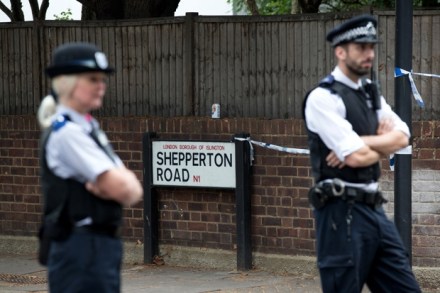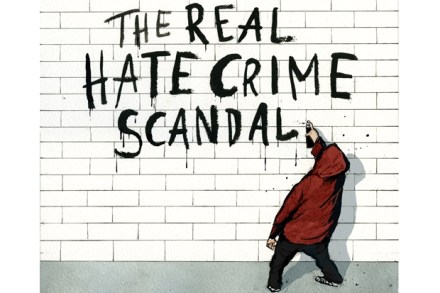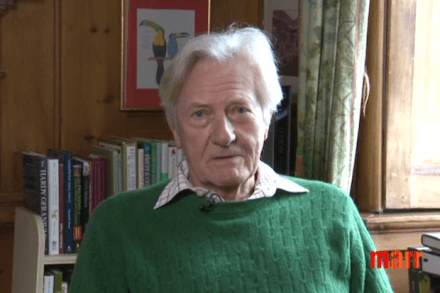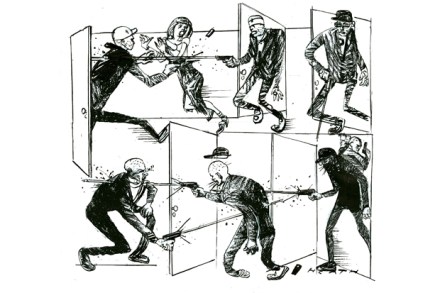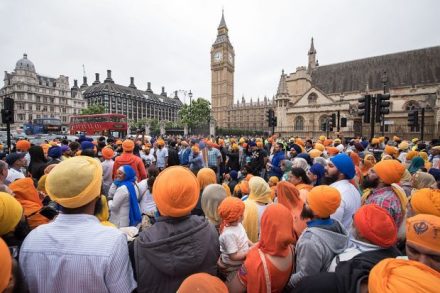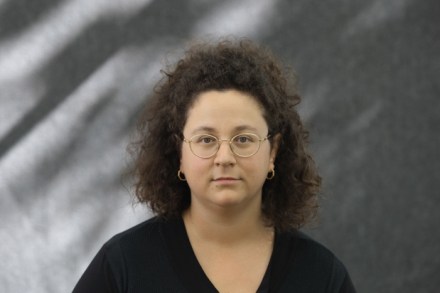Brutish Britain
Life in Britain has become much cruder, meaner and more spiteful practically everywhere. It can be seen in people’s behaviour on the street; in those abominable neighbours from hell; in companies piling up the profits with no care whatsoever for the degree to which they are sweating their workers on terms that, until quite recently, would have been unimaginable. The incivility of one to another can be seen most sharply and poignantly in the degree of cruelty to children which, at the beginning of my working life, would have had every alarm bell ringing wildly. Children have to be almost on the point of being murdered before they are taken


